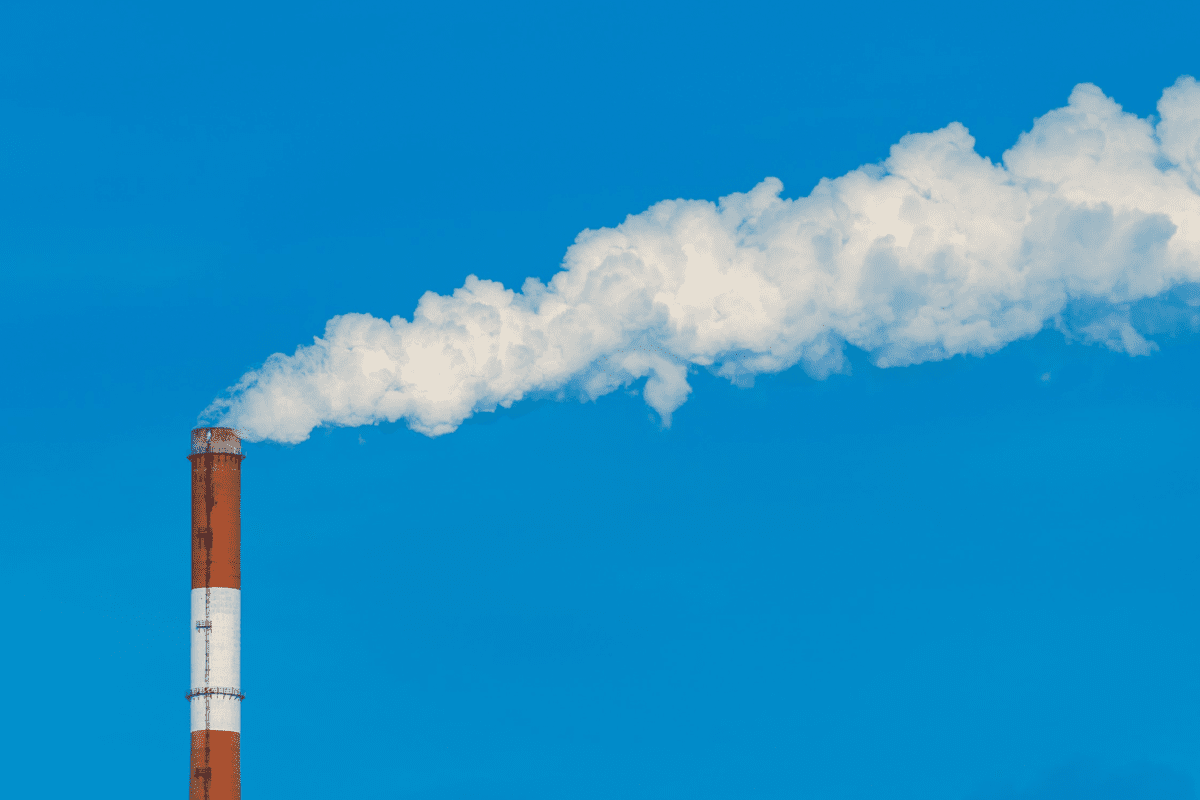CMI Update
As an extraordinary year draws to a close, I recall what I said at our Australasian Emission Reduction Summit earlier this month – we live in the most exciting of times, the most frustrating of times and the most terrifying of times.
Our friends in Fiji are the latest to feel the terror, with Cyclone Yasa gusting at nearly 350 km/hr. Yasa is the second Category 5 to hit Fiji this year. Prime Minister Frank Bainimarama tweeted “This is not normal. This is a climate emergency.” Australia and New Zealand are providing welcome and needed assistance, you can donate through Fiji Red Cross, Care and Oxfam.
2020 has seen some solid gains, with 2021 looming as potentially very exciting. Global momentum is perhaps at its greatest for decades, with a mixed portfolio of regulatory, investor, consumer, community and affordability drivers. Most heartening is how net-zero emissions by 2050 targets – with stronger interim measures and independent accountability – are becoming mainstream. And the growing recognition that we need to be building net-negative emission economies beyond 2040.
Australia has so much to offer in clean energy and zero or negative emission technologies and opportunities. However, we need public and private policy to place greater value on carbon reduction, and boost reform of our carbon markets.
We have welcomed reforms in the Emission Reduction Fund carbon market and are delighted to be working with stakeholders on the Clean Energy Regulator’s Methodology Advisory Panel. CMI’s member-led taskforces on Soil, Blue Carbon and Landscapes are well placed to help accelerate action. New and existing members also have interests in plantations, CCS and biomethane priorities, and we’ll work with Indigenous and other members on improvements to Savanna methods.
It is vital these methods and activities aren’t just considered as “offsets” but as industries contributing to building negative emission economies. Done right, with appropriate integrity and assurance, these activities contribute employment, environmental and social, including Indigenous co-benefits.
It is also vital to safeguard the transition in energy, other industry and agriculture sectors. The Government can build on recent welcome steps, this includes not using Kyoto carryover credits in the forthcoming focus on voluntary and compliance Safeguard Mechanism carbon markets, and the development of Australia’s 2050 Long Term Strategy.
The good news is that business is very supportive of increased ambition and action, as our 2020 Climate Policy Survey of business attitudes demonstrates. We’ve also seen some bipartisanship and very positive steps taken by states and territories.
There’s much to look forward to in 2021. It will also be CMI’s tenth anniversary. Our membership is advancing on the century mark, and we’d love to “have a ton by ten”. Check out the incredible value corporate membership generates in our 2021 member prospectus. 2021 will also be the first time our Summit will be held in Sydney. There are more details coming soon but don’t miss out on limited sponsorship opportunities, mark 24-25 June in your calendar!
Thank you for your interest and support in 2020. Stay safe and see you in 2021.
John Connor
CEO
Carbon Market Institute



